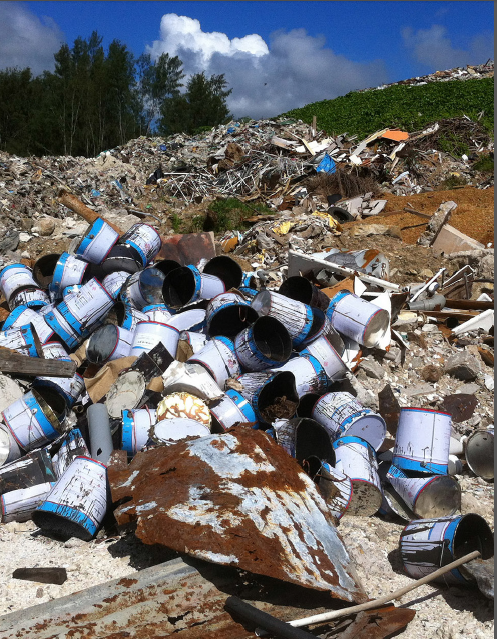Seychelles signed the Minamata Convention on Mercury on 27 May 2014, becoming the 98th signatory to the convention. The country ratified the Convention on 13 January 2015.
The GoS-UNDP-GEF “Strengthen national decision making towards ratification of the Minamata Convention and build capacity towards implementation of future provisions”project shortened to the Mercury project builds on the status and awareness of Seychelles with respect to Mercury releases and priority actions and its efforts towards reaching the obligations set by the Minamata Convention on Mercury.
Since the 1980s, Seychelles has been undertaking a Child development study to evaluate the effects of prenatal methyl mercury exposure in babies born to mothers with high a consumption of fish. To date, the data do not support the hypothesis that there is a neurodevelopmental risk from prenatal methyl mercury exposure resulting solely from ocean fish consumption.
However, the Seychellois consume mostly demersal fishes, which apparently accumulate lower levels of mercury than larger open ocean predators such as swordfish. As concerns about the sustainability of demersal fisheries increase, people are encouraged to consume more abundant pelagic species such as swordfish and tuna.
Concentrations of methyl-mercury above the standard set by the European Union (EU) was detected in swordfish from the Seychelles earlier this year. This resulted in a temporary ban of imports of fish from the Seychelles. As swordfish makes up about 50% of catches in the local long-line fishery sector, the lack of a market for this species caused a temporary collapse of this sector. In turn, this resulted in long liners redirecting their fishing effort to the demersal fishery sector, which was already at risk of over-exploitation. As these long-liners are using highly effective practices their entrance into the demersal fishery raised serious concern about sustainability.
The project started with its first Steering Committee meeting on Wednesday 18 March 2015. The Steering Committee members were shown a short PowerPoint presentation on what the project will be all about for the next year and heading into 2016.

